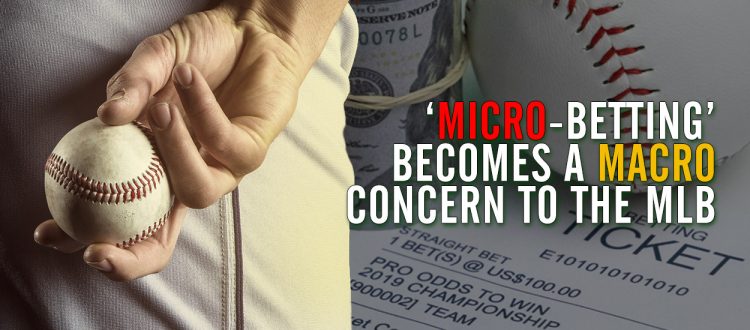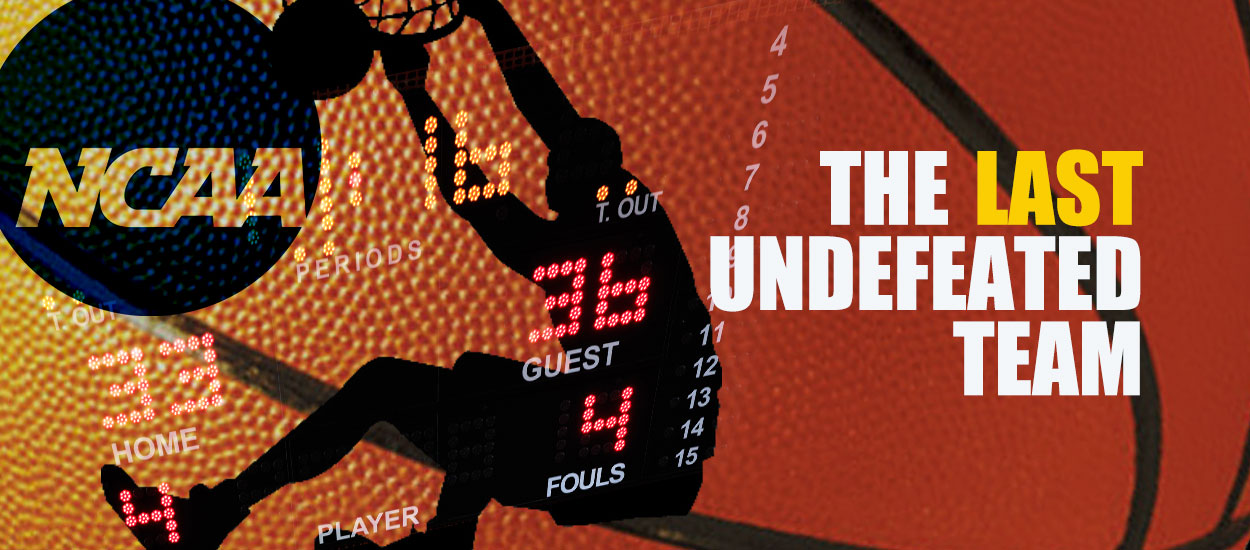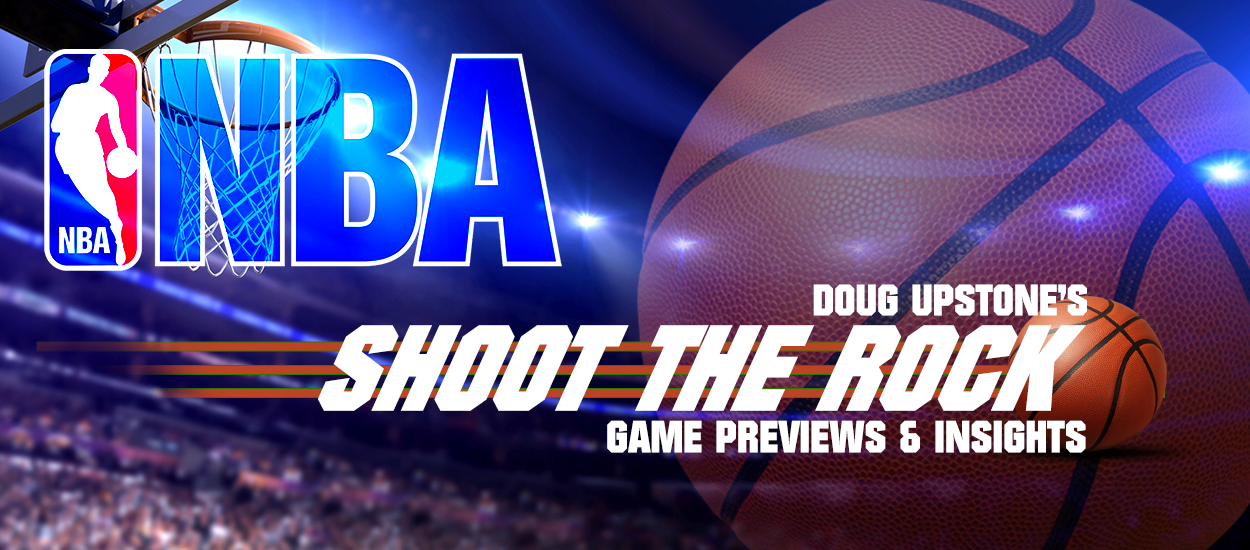MLB to partner with sportsbooks on limits
In light of the recent indictments against Cleveland Indians pitchers Emmanuel Clase and Luis Ortiz on conspiracy charges, Major League Baseball, in conjunction with sportsbooks like FanDuel, DraftKings and BetMGM, has instituted a maximum bet of $200 on what the books call ‘pitch-level microbets’, and those bets will be excluded from parlays. Examples of pitch-level microbets include whether the next pitch will be a ball or strike and even gets to the specifics of whether it will be a ball with a speed over or under say 95 mph or a strike with a speed over 100 mph.
In a statement on Monday, MLB Commissioner Rob Manfred said:
“Since the Supreme Court decision opened the door to legalized sports betting, Major League Baseball has continuously worked with the industry and regulatory stakeholders across the country to uphold our most important priority: protecting the integrity of our games for the fans.”
The charges, which Clase and Ortiz deny, say that the two pitchers worked with bettors to place microbets on certain pitches and the pitchers then altered the pitch to ensure the bets were winners. 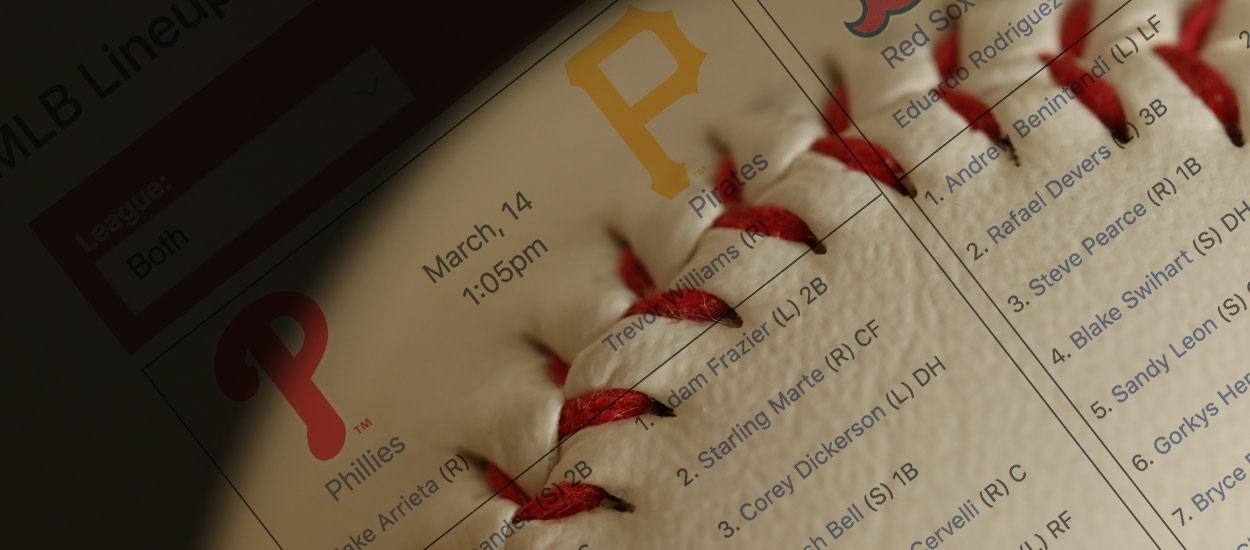 For example, the allegations say that Clase would tell a bettor that the pitch will be a ball under 90 mph and Clase would then throw a slow curve into the dirt, thereby guaranteeing the win. In exchange for the information, it is alleged that Clase and Ortiz would get kickbacks and bribes.
For example, the allegations say that Clase would tell a bettor that the pitch will be a ball under 90 mph and Clase would then throw a slow curve into the dirt, thereby guaranteeing the win. In exchange for the information, it is alleged that Clase and Ortiz would get kickbacks and bribes.
By putting in the lower limits and creating a memorandum of understanding that would require sportsbooks to tell MLB when unusually large betting volume comes in for a specific pitch, Manfred and the sportsbooks feel it will stop the corruption since the risk wouldn’t be worth the reward. But will it?
Payouts pale in comparison to salaries
According to the charges Clase and Ortiz were each given $5,000 payments for throwing the pitches or arranging them to be thrown, and if found guilty could receive up to 65 years in prison. Many wonder why Ortiz and Clase, in particular, who just signed a 5-year $20 million contract, would risk it all for a measly $5,000. The same question was asked by the lawyers for Tony Rozier in a case where he was charged with cheating, who signed a 4-year $96 million in 2022, and the answer by psychologists with expertise in the area say it has nothing to do with money, but instead the rush they get from getting away with the scheme. This was highlighted in a recent article I wrote about cheating in the NBA. In many ways it’s no different than problem gamblers who say that winning doesn’t excite them, but rather betting itself is the thrill.
The amounts that are said to have been staked on the rigged pitches is astounding. On one particular pitch there was $26,000 bet on it and at least $60,000 bet on pitches by Clase in the month of June. There was also a text message released by the feds which showed an exchange between Clase and Ortiz which showed a receipt of a wire transfer of 90,000 pesos (roughly $5,000 USD) to a person in the Dominican Republic and a text message from Clase to Ortiz instructing him to tell the person that it was payment for a horse.
Limit, not ban
So, there is definitely a concern and the solution proposed by MLB to limit the wagers on these microbets is a bit confusing. The obvious question is why anyone would want to place a bet on the next pitch and more so, why would sportsbooks take it? There is a pitch clock of 15 seconds if no one is on base and 18 seconds if there is a runner on base, making it head scratching how books could even process these bets in time for anyone to place them, particularly if there is any type of TV time delay. 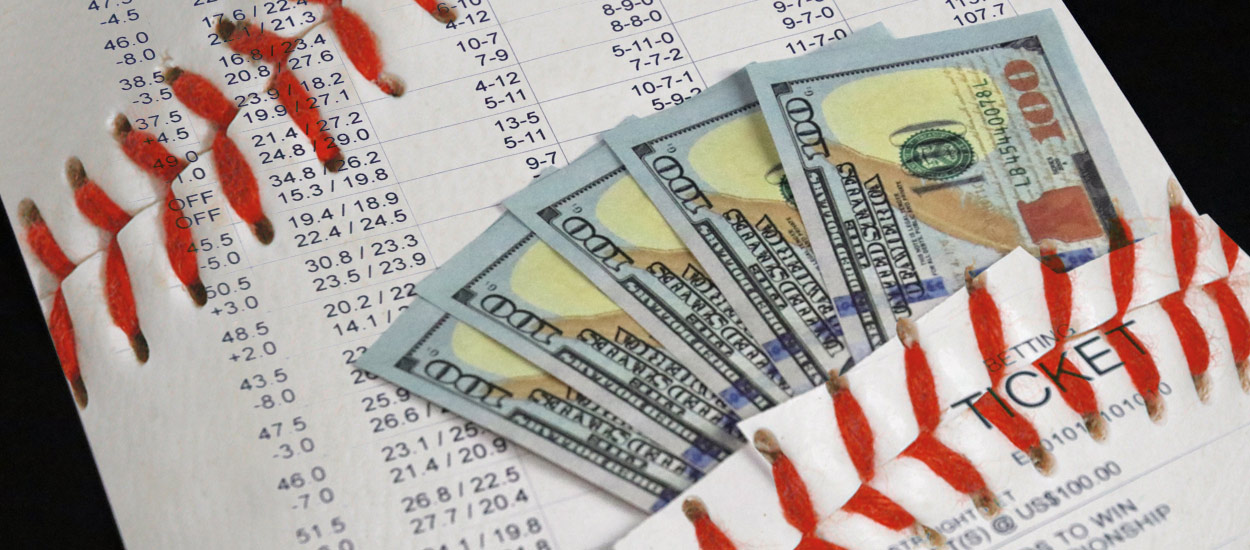 But more importantly, one pitch in the scheme of a game is so irrelevant that it just asks for this type of cheating to occur.
But more importantly, one pitch in the scheme of a game is so irrelevant that it just asks for this type of cheating to occur.
If it’s the first inning of an early or mid season game with 2 out and nobody on base, then the first pitch of an at bat means nothing. So, a bad pitch would be chalked up to just that, but by taking wagers on it, it just leaves open the opportunity for fans and viewers to question every pitch, even if there is nothing awry. Also, these bets will put a spotlight on umpires who are paid a lot less money than athletes. There were a lot of balls that were clearly strikes in the World Series this year and strikes that were called balls, so now with these allegations, a lot of observers will no doubt be questioning whether the home plate umps were on the take for the pitch to Dalton Varsho in game 3 that was 3 feet high and called a strike or the pitch to Freddie Freeman in game 7 that was well inside and called a strike. More than likely, they were just bad calls, but with money to be made on each pitch how can we know?
It is notable that the recent allegations against NBA players like Dontay Porter and Tony Rozier were that they left the game early to ensure performance bets on them lost, but at least those were bets for the whole game and their actions could have influenced the final outcome. And with the NBA referee Ted Donaghy scandal several years back, he was a referee purposely calling plays to help ensure that teams didn’t win by the point spread and point shaving scandals have been around for a long time and affect the game itself. So, wouldn’t a better solution for MLB and sportsbooks on these pitch-level markets be to just get rid of them? Is the need for instant gratification so great that a bettor can’t wait a few seconds and bet on the result of the at bat or God forbid how the inning or game will end? The answer seems obvious, but it seems that solution of getting rid of them altogether wasn’t even discussed. And these instant microbets can be applied to other sports as well.
Opportunities in other major sports
In football, for example, there is nothing stopping a book from putting up a wager on whether the next play will be a pass over 30 yards to a specific wide receiver. And if they do offer that wager, then it’s easy for the quarterback to ensure that happens if he’s allowed to call the plays, or for the coach to ensure that happens if he makes the calls. And in individual games like golf there’s nothing stopping a golfer from rigging a shot where he tells a bettor to wager on him hitting the next drive into the right rough or purposely missing a 4-foot putt and making money on it. So far, the only microbets I have seen are on baseball, but the possibility for other sports clearly exists too and that opens up even more opportunities for cheating.
The other problem that MLB is ignoring with these bet limits is that not every bet is placed with legal U.S. bookmakers. The offshore industry is still very much alive, and underground bookmakers are still thriving. Before 2017, when SCOTUS overturned PASPA, microbets were non-existent, but now offshore and illegal bookmakers offer these wagers too, not because they want to but rather because they have to, since they are in direct competition with the licensed U.S. books. And I doubt that a sportsbook like Sportsbet.io or Louis the Lip are going to tell MLB if there is a suspicious bet coming in on a specific pitch. And don’t forget that most bets in cheating scandals dating back to the Chicago Black Sox were made with illegal bookies.
So that gets us back to the topic of this article? Why exactly did MLB not just tell sportsbooks to stop offering these microbets, or at least pause them until they can assure the cheating stops? The league is doing their utmost to better the game with challenges and next year with roboumps, but allowing these microbets will always put suspicion on the game. I recall in 1997 when World Sports Exchange offered odds on what the result of the next at bat would be. The odds ranged from 6 to 5 odds for a groundout to 100 to 1 odds for a triple. It was considered revolutionary and at the time a lot of the watchdog sites were asking whether allowing these types of bets could encourage players to cheat, since the bet was so instantaneous. It’s unreal that nearly 30 years later, those types of bets are considered quite mundane, and despite confirmation of cheating taking place, are being limited, instead of banned, in a regulated landscape.
Read articles on sports betting and the North American gambling industry from Hartley Henderson here at GamblersWORLD. Find Hartley on X at @HartleyHenders1

